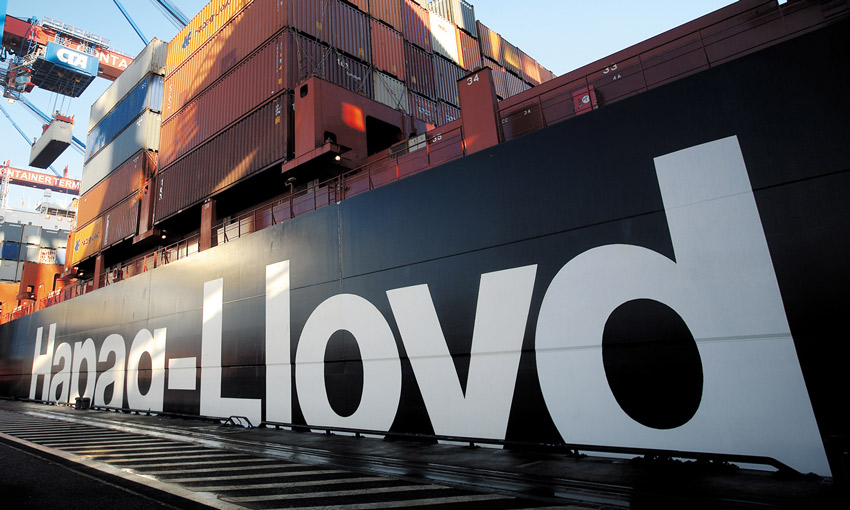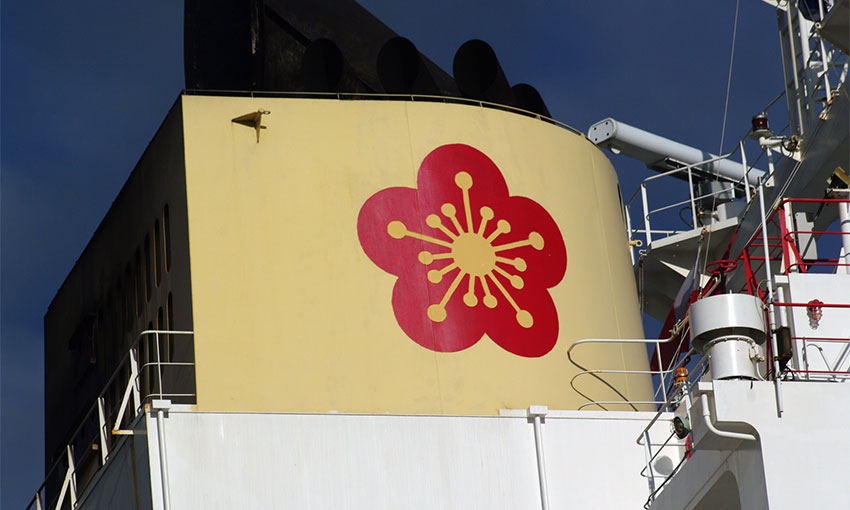GERMANY’S Hapag-Lloyd has recorded a significant decrease in earnings for full year 2023 but still achieved the third-best group profit in its history.
Group EBITDA stood at US$4.8 billion (2022: $20.5 billion) and EBIT experienced a year-on-year decrease to $2.7 billion ($18.5 billion), while group profit to fell to $3.2 billion ($18 billion).
In the Liner Shipping segment, transport volumes for 2023 as a whole rose by 0.5% to 11.9 million TEU (2022: 11.8 million TEU). Transport expenses lowered by 11% to $12.9 billion, primarily due to lower expenditures for demurrage and storage fees for containers and a lower bunker consumption price.
Revenues dropped to $19.2 billion (2022: $36.3 billion)mostly owing to a lower average freight rate of $1,500/TEU (2022: 42,863/TEU). The EBITDA for 2023 decreased to $4.8 billion compared to 2022 ($20 billion). The EBIT fell to $2.7 billion ($18.3 billion).
In the Terminal & Infrastructure segment, an EBITDA of $50 million and an EBIT of $21 million were achieved in the 2023 financial year. Revenues stood at $202 million. “Since the new segment is still in the process of being formed, it does not reflect the results of a full financial year,” the group said.
Commenting on the result Rolf Habben Jansen, CEO of Hapag-Lloyd AG said: “We achieved the third-best Group profit in the history of our company – even if it is significantly lower than it was in the exceptionally strong year 2022 due to the normalisation of global supply chains.
“We were able to considerably boost customer satisfaction and the digitalisation of our container fleet. We significantly expanded our business in the Terminal & Infrastructure segment and grew our liner shipping activities in India and Africa. We reduced our carbon footprint, taking another step towards our goal of becoming net-zero carbon by 2045,” he said.
For the current 2024 financial year, the Executive Board of Hapag-Lloyd AG expects the group EBITDA to be in the range of $1.1 billion to $3.3 billion and the group EBIT to be in the range of minus $1.1 billion to 1.1 billion. However, this forecast remains subject to considerable uncertainty given the volatile development of freight rates and geopolitical challenges.
“We have got the current financial year off to a satisfactory start, but the economic and political environment continues to be volatile and challenging – especially in view of the current situation around the Red Sea,” Mr Habben Jansen said. “We therefore expect to see an overall decrease in earnings in 2024.
“As part of our Strategy 2030, we will be focusing even more intensively on quality and sustainability. We will continue to grow in our new Terminal & Infrastructure business as well as our share and portfolio of hinterland transports. At the same time, we will also need to reinforce our top 5 position on the global market and realise improvements in terms of cost efficiency and productivity,” he said.





